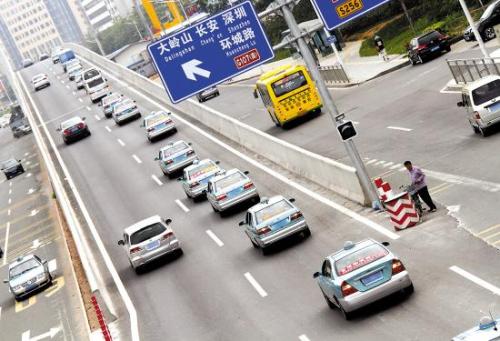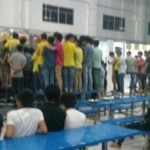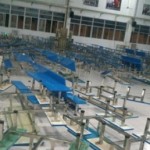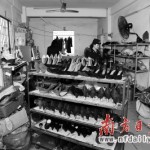Foxconn Boss: Worker Suicides Are Not Our Fault
Posted: 07/2/2014 5:12 pm The head of Taiwanese manufacturing giant Foxconn has come out to say a spate of suicides over the years at the factories in China are not related to poor labor conditions.
The head of Taiwanese manufacturing giant Foxconn has come out to say a spate of suicides over the years at the factories in China are not related to poor labor conditions.
Terry Gou (Guo Taiming), the founder and chief executive of Foxconn, told a shareholder meeting that 90% of the suicides that have happened at Foxconn are “due to personal problems and family disputes”. Gou also told investors that with 470,000 employees, odds are some will commit suicide.
Guo did show some compassion, though, saying suicide does not solve any problems, and that anyone with suicidal thoughts should call the suicide prevention hotline.
Foxconn came to media prominence when a rash of suicides took place at the mega-factory complex between 2010 and 2012. As a result, staff made changes to the work environment that include reduced work hours, increased pay, the installment of safety nets to catch jumpers, psychological staff to help workers.
Related:
- Foxconn to Replace Shenzhen Workers with Robots
- Another Suicide at Foxconn? Employee Jumps Off 9th Floor After Slitting Wrists
- Another Worker Plummets to His Death at Foxconn
- Nanfang TV: A Peek Inside the Foxconn Fortress
- 17 Foxconn Workers Struck By Lightning on Huizhou Mountain
Photo: China Daily























